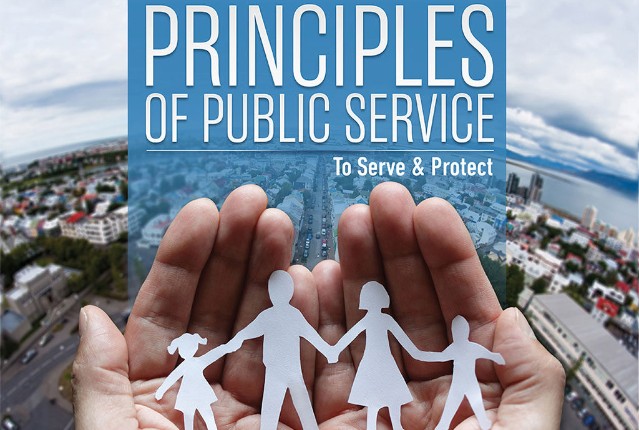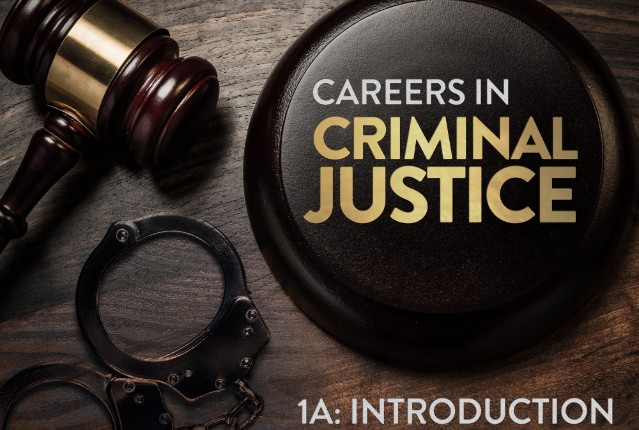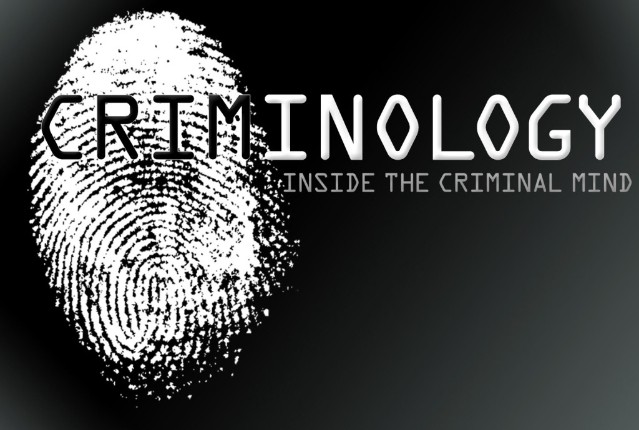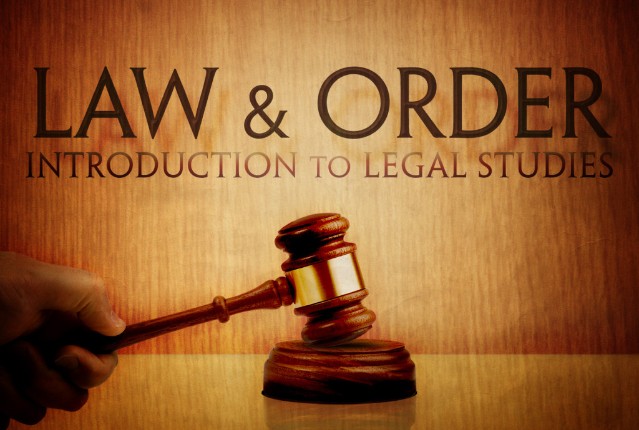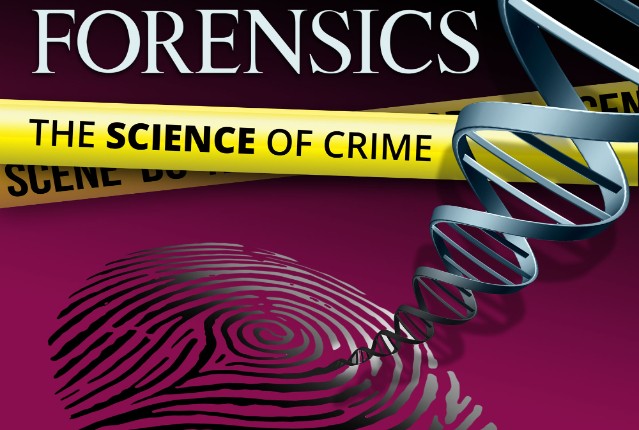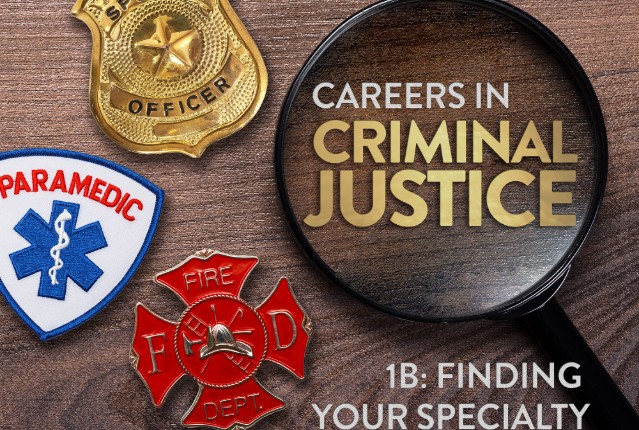
Careers in Criminal Justice 1b: Finding Your Specialty
Have you ever thought about a career as a police officer, an FBI or DEA agent, or any occupation that seeks to pursue justice for all? Careers in criminal justice can be found at local, county, state, and federal levels, and even in the private sector. Explore some of the various occupations in this field, while simultaneously learning how they interact with each other and other first responders. Discover various interviewing techniques to uncover the truth. Understand the importance of making ethical decisions, and how you need to keep your sense of right and wrong in check to be successful in this field.
Review course outlineAccess for a year
USD 299.00*
* Choose more courses to get a discount
